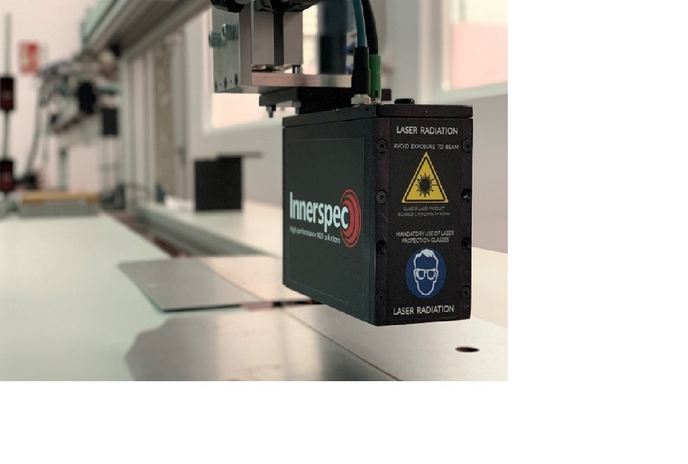Delving into work life perceptions and attitudes
The Woliweb project has contributed to a greater understanding of citizens’ work life preferences, attitudes and perceptions through an EU-wide, cross-country analysis of data. The approach also sought to elaborate on the methodology of volunteer Internet surveys. An acronym for WOrk LIfe WEb, Woliweb focused on preferences for more or fewer working hours in relation to working hours and household duties, and perceptions of pay discrimination by gender or ethnicity. The team also investigated attitudes towards collective bargaining coverage as related to actual coverage, and perceptions of job insecurity as related to workplace dismissals and reorganisation. Work covered the themes of pay, working time, job security and bargaining coverage, the analyses of which were realised through data collection by means of a volunteer web-survey with websites established in nine countries. Since volunteer Internet surveying on a European scale is relatively new, team members conducted an extensive evaluation of the methodology in a separate research work package. Woliweb successfully met most of its scientific and technical objectives, thus realising in large part its main aim of contributing to knowledge on EU citizen work life.







